Blog Post
Is Donald Trump causing a rift in American evangelicalism?
By Jonathon Van Maren
It has been popular, of late, for columnists and commentators to speculate on the extent to which President Donald J. Trump is dividing white evangelicals in America, with a special emphasis on the apparent divide between younger Christians and older Christians. It is certainly true, for example, to say that older people are far more enthusiastic about Trump than younger people, and that if younger people support Trump’s presidency, they tend to do so conditionally and with more qualifications. But I do wonder how accurate much of the analysis surrounding this supposed divide is, despite how attractive these grand, sweeping narratives are. From Peter Wehner in The Atlantic, in an essay titled “The Deepening Crisis in Evangelical Christianity”:
While on the Pacific Coast last week, I had lunch with Karel Coppock, whom I have known for many years and who has played an important role in my Christian pilgrimage. In speaking about the widespread, reflexive evangelical support for the president, Coppock—who is theologically orthodox and generally sympathetic to conservatism—lamented the effect this moral freak show is having, especially on the younger generation. With unusual passion, he told me, “We’re losing an entire generation. They’re just gone. It’s one of the worst things to happen to the Church.”
When I read the title of the essay, I was prepared for some devastating polling numbers that indicated young people are abandoning the churches in droves as well as indications that this was due to the fact that their parents and grandparents were supporting Donald Trump despite the fact that Trump has been a generally scummy person throughout his life. But to be blunt, Wehner provided virtually no evidence for his thesis that there is a massive crisis in evangelical Christianity over Trump beyond his statement of that assertion and some anecdotal quotes—and even the quotes are not particularly compelling, besides playing to a narrative that instinctively feels correct but may not be.
One of the key assertions that consistently gets made is that young evangelicals are disgusted by the fact that the older generation attacked Bill Clinton for his lifetime of philandering, but are giving Trump a pass for precisely the same behavior. Again, the young people being referred to are in most cases too young to remember Clinton’s women, and their first introduction to Juanita Broaddrick (who I interviewed some time ago), Paula Jones, and Kathleen Wiley may have been their appearance with Trump prior to his final debate with Hillary Clinton in the wake of the Billy Bush tapes. It is true that the changing times and shifting calculations have led many evangelicals of a certain age to embrace a politician that they would have condemned two decades ago, but again, I see no evidence that legions of outraged youth are highlighting this hypocrisy.
During the 2016 election, many journalists hightailed it to Lynchburg, Virginia to interview the student body of Liberty University on what they thought about Jerry Falwell Jr.’s support for Donald Trump. Of all the Christian leaders backing Trump, it is Falwell Jr. who has been the most transparently sycophantic, and he seems to want to obtain and flaunt the influence his father once had in the Reagan Administration thirty years ago with the current president—when one reporter asked him if there was anything Trump could do to lose his support, he gave a one-word answer: “No.” That seems a tad gutsy considering some of the revelations about Trump, but Falwell’s endorsements are apparently like decrees from the ancient kings of Persia: They cannot be undone.
So when I visited Liberty University in 2017—my friend Dr. Karen Swallow Prior, who has a long history in the pro-life movement, invited me to speak to the pro-life club there—I was very interested to talk to some of the students and find out what they thought about the president and his association, via their university president, with Liberty. Liberty University, by the way, is one of the most beautiful campuses in America, with lush green lawns, towering white pillars, an enormous portrait of Jerry Falwell Sr. in the great hall of the Arthur S. DeMoss Hall, and an entire Bible museum packed with artifacts in the basement of the library. When I asked some students in the cafeteria what they thought of Trump, especially considering a number of breathless news stories announcing the opposition of many Liberty students to his candidacy the previous year, many of them started chuckling.
Quite a few journalists regularly came to skulk around campus in attempts to elicit negative opinions of Trump, one said to nods all around. Trump, they said, was obviously a narcissistic and immoral person, and many of them doubted the sincerity of many of his positions (some were unsure he could even articulate them.) That said, if the options were Trump or Clinton, what choice really was there? One of them shrugged: If it is someone who wishes to destroy religious liberty and use the presidency to support abortion versus one who will, at worst, not do those things, then who were they supposed to vote for? The students certainly were not on the same page as Falwell—nobody was enthused about Trump. But in a matchup between Trump and Clinton, the choice still seemed fairly obvious to the range of people I spoke with. There was no sign of a “crisis” so much as a reluctant vote in the face of a binary choice.
And this is precisely the attitude I have seen in most social conservatives, evangelicals, and pro-lifers. Many of my friends in the pro-life movement opposed Trump (as did I) until there was no other choice left. Many were heartbroken when Ted Cruz lost Indiana and the choice came down to Trump or Clinton. Journalists hunting for pro-lifers willing to endorse Trump prior to Cruz dropping out searched in vain (although that will obviously not be the case in 2020, when pro-lifers will be defending an established record of judicial appointments.) Trump himself said at a rally I attended in South Carolina that conservatives who thought he wasn’t conservative enough would vote for him because of the Supreme Court, and he was for the most part correct. Most social conservatives (with a few notable exceptions) were Never Trump until they were Never Clinton, at which point their political calculations changed.
The real “deepening crisis” in American evangelicalism is that huge numbers of them are abandoning Christian orthodoxy and caving on fundamental issues like the nature of marriage and sexuality and the inerrancy of Scripture. In fact, Karen Swallow Prior (who teaches literature at Liberty) recently noted in an interview with the Christian Post that many of her students have already rejected the orthodox Christian positions on issues like sexuality and have ceased viewing them in a “critical biblical way.” For the media, however, this is a positive thing—a sign of evangelical evolution. What they most want to cover is a rift in evangelicalism over the polarizing figure of Donald Trump, and they appear to genuinely hope that his presidency will create a permanent divide between the old and the young.
While this is certainly possible, I find it difficult to see how Trump would be the catalyst for division rather than fundamental differences between the older and younger generations on issues that are of biblical rather than political importance. It is certainly true that candidates like Pete Buttigieg are pushing hard at an open door when they target Pence as an insincere Christian for ignoring Trump’s public behavior and present their own views (replete with a gay marriage, in Buttigieg’s case) as more aligned with the Gospel, but I have thus far seen no evidence that Trump’s character is actually driving previously orthodox Christians into the progressive camp. As distasteful as many people find Trump to be, as both a person and a political figure, most people—like the students I spoke to at Liberty—understand the political calculations evangelicals made in voting for him even if they disagree with them.
That debate, interestingly, is still raging within some social conservative circles. National Review columnist David French recently wrote a column in TIME Magazine condemning historian Eric Metaxas’ support of Trump and stating that it was based on fear (and interestingly, during the runup to Trump’s nomination Metaxas posted one of my articles condemning Trump as a crude and amoral candidate), and John Zmirak, who I recently interviewed for my LifeSiteNews podcast on the ongoing conservative civil war over Donald Trump, responded to French over at The Stream:
Was it ungodly for Mordecai and Esther to fear Haman’s plan to murder the Jews? For them to scheme, and cozen the pagan Persian monarch, to stop that? Was it ungodly for Jeremiah to fear the punishment that hung over Jerusalem, and warn people against it? Later, was it ungodly for Mary and Joseph to fear Herod, and flee into Egypt?
Was it un-Christian of the Apostle Paul to flee persecutors when possible? To summon the authority of the pagan State, and use his Roman citizenship to frustrate his persecutors? How ungodly was it for the early Church, which French holds up as a model, to hide out of fear in catacombs? Then to welcome Constantine’s Edict of toleration? Constantine was no boy scout. He killed family members who threatened his rule. He left slavery and gladiatorial combat in place. Maybe Christians should have prissily refused his protection.
Some did, in fact. There was a sect of Christians who couldn’t reconcile themselves to a post-martyrdom Church. They scorned anyone who’d compromised with the pagans, and refused communion with lesser, “impure” Christians. These people were called the Donatists, and they were the group of heretics whom Augustine spent most of his time fighting. Their dogged war against the mainstream Church left North Africa ripe pickings for Islam.
Moving forward in time:
- Should the Christians of Gaul have feared the Saracen invasion, and cooperated with the ruthless warlord Charles Martel?
- Should Martin Luther have feared the Inquisition, and fled to the protection of the exploitative feudal lord Frederick III?
- Was it un-Christian for the French Huguenots to fear the persecution of the Valois kings, and engage in bloody warfare in self-defense?
- Were the Puritans un-Christian for fearing Anglican persecution, and fighting Charles I or fleeing to Holland?
I have found that Zmirak’s view is the predominant one in social conservative circles. It is easy to highlight a few leaders who have publicly embarrassed themselves through unqualified and groveling support such as Jerry Falwell Jr. But most people are making precisely the sort of calculations with precisely the sort of logic that Zmirak lays out: Trump was better than Clinton, and he’s certainly better than Kamala Harris or any other Christian-hating abortion extremist the Democrats propose to offer the American public this time around. And until there is a better option on offer, those condemning evangelicals because they voted for Donald Trump are primarily winning accolades from those who hate evangelicals to begin with.
_______________________________________________
For anyone interested, my book on The Culture War, which analyzes the journey our culture has taken from the way it was to the way it is and examines the Sexual Revolution, hook-up culture, the rise of the porn plague, abortion, commodity culture, euthanasia, and the gay rights movement, is available for sale here.


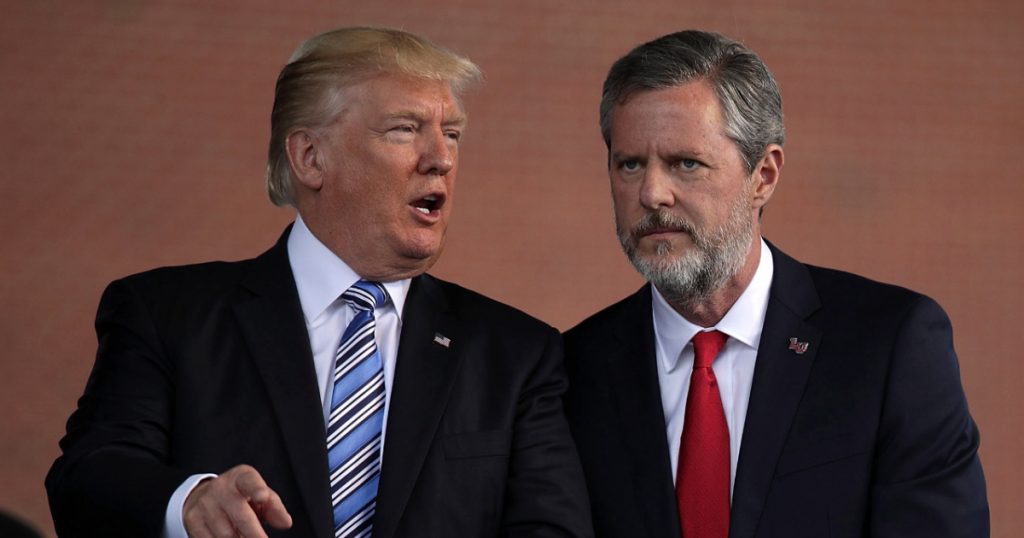
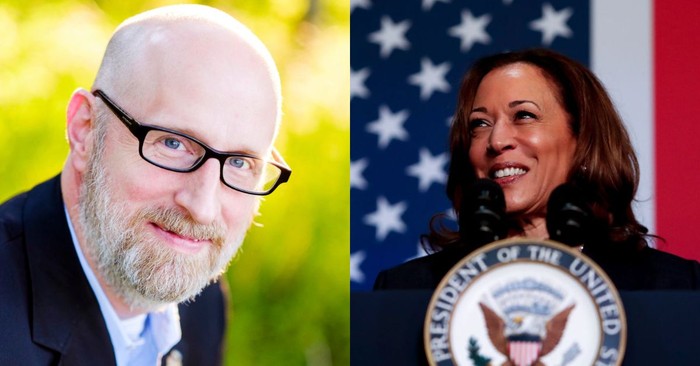

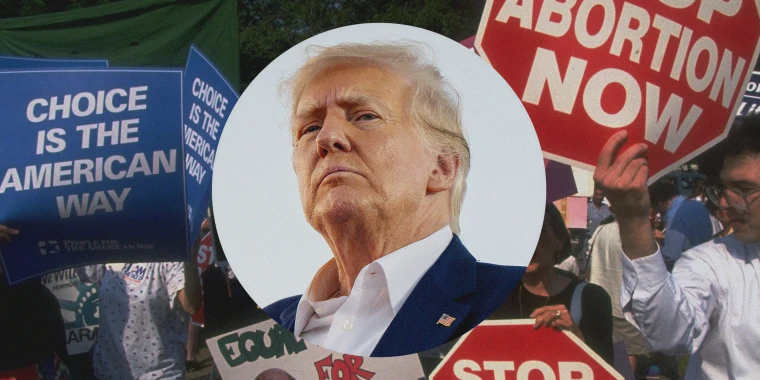
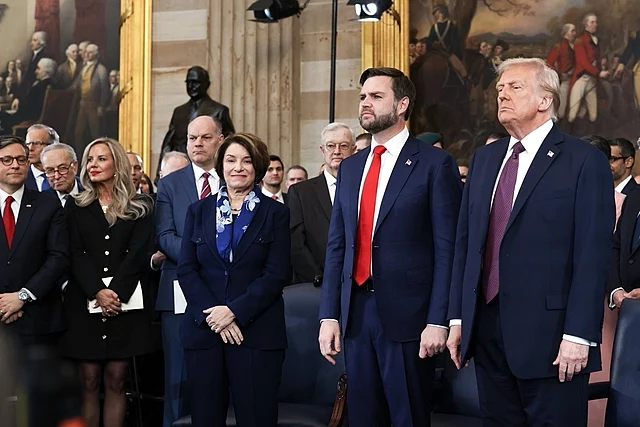
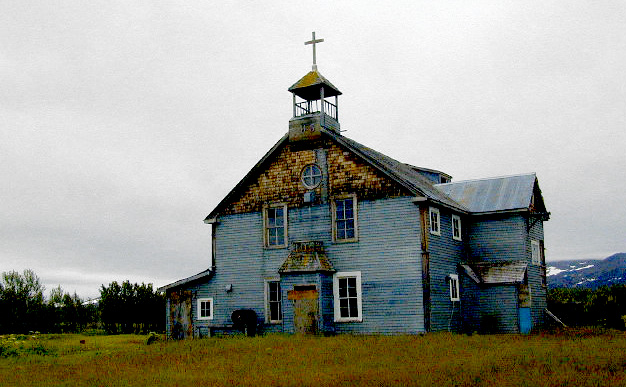
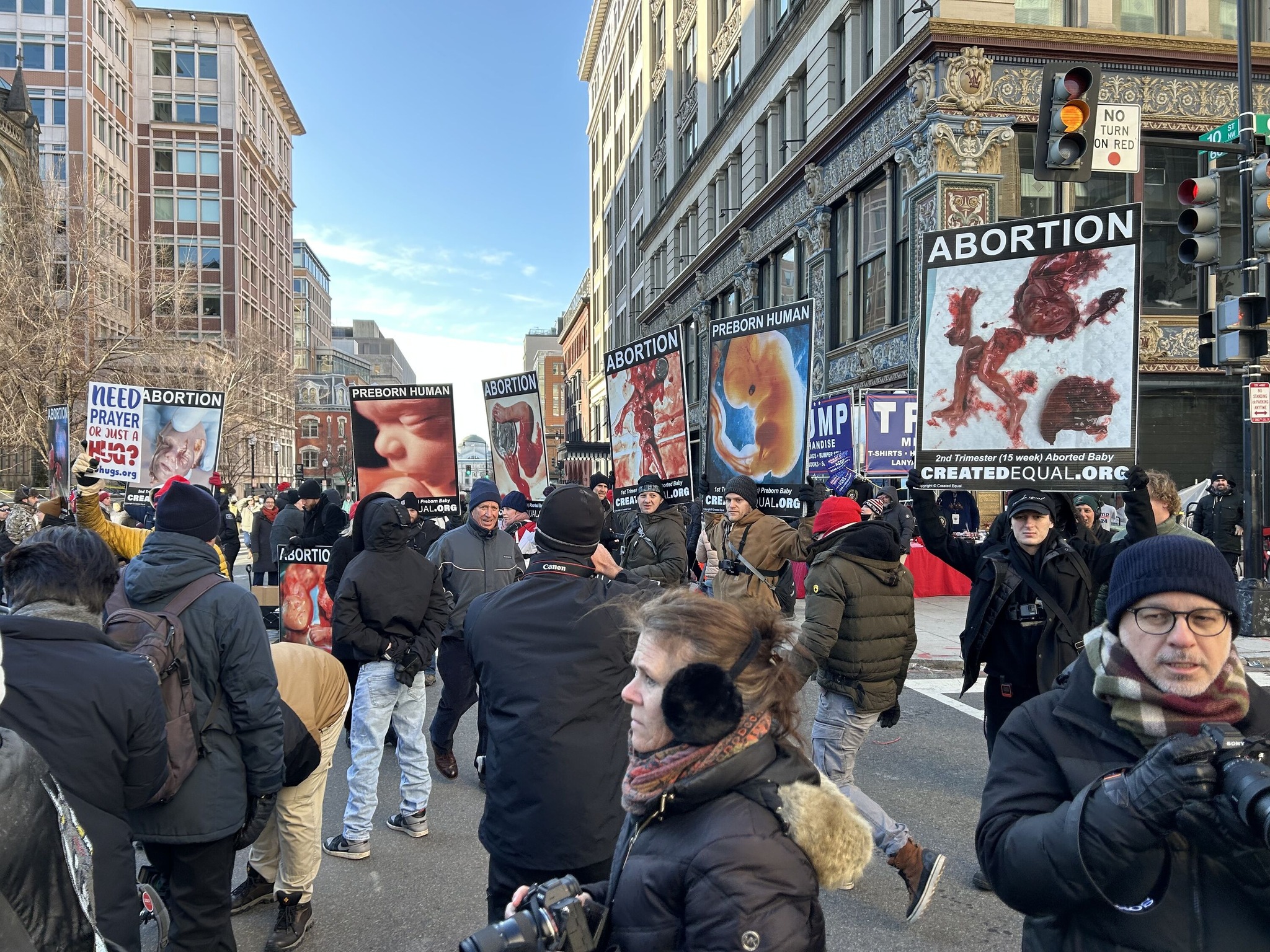
Finally you get what the Protestant movement is about. It’s about true Christianity, not just the outward moralistic movement but first the heart is made right and then true grace flows out. Sadly, you continue to get in the bed with Rome to promote moralistic rules.
According to PRRI statistics in 2017 54% of the American population was under 50 years of age. Only 35% of white evangelicals were under 50. Worse yet 21% of the American population was under the age of 30. Only 8 % of white evangelicals were under the age of 30. There are many reasons for this generational and age gap, but conservative political views are a large part of it and Trump is making matters much worse.